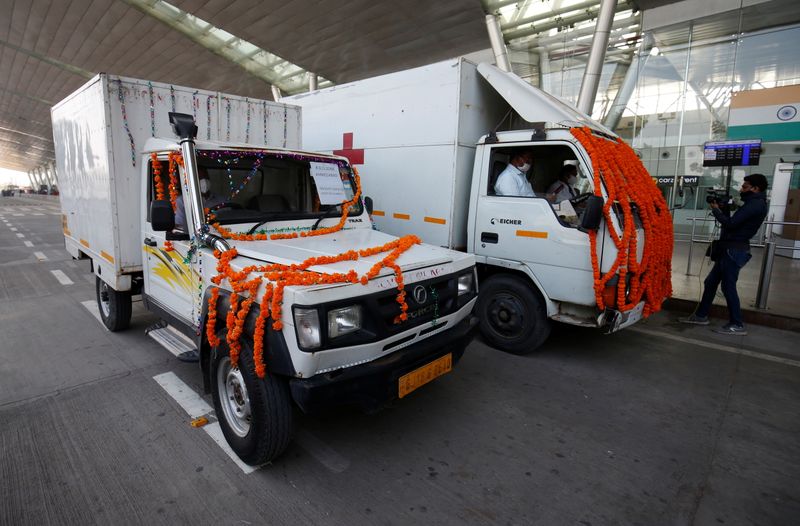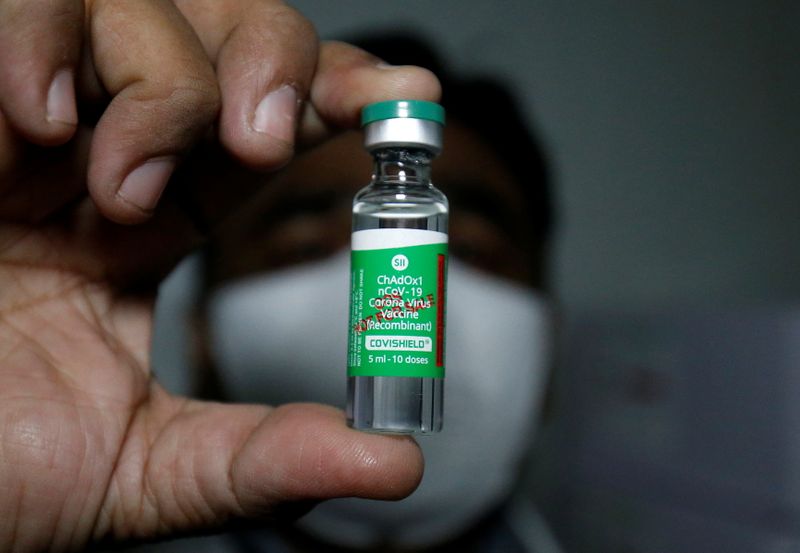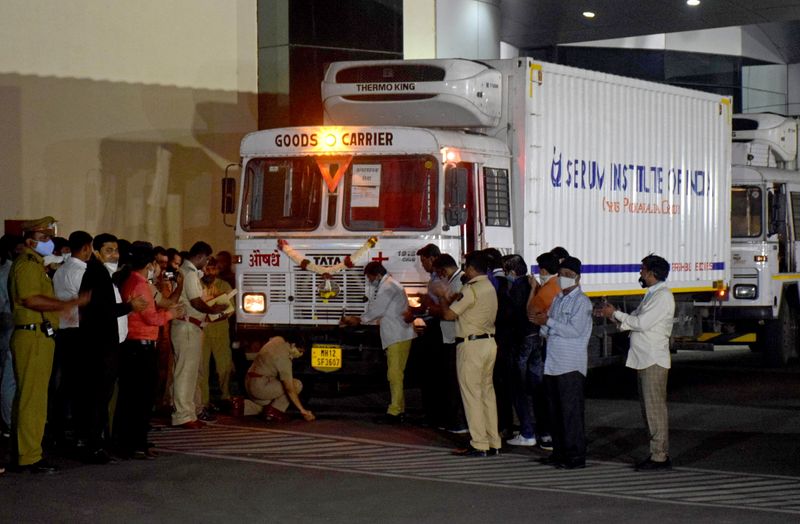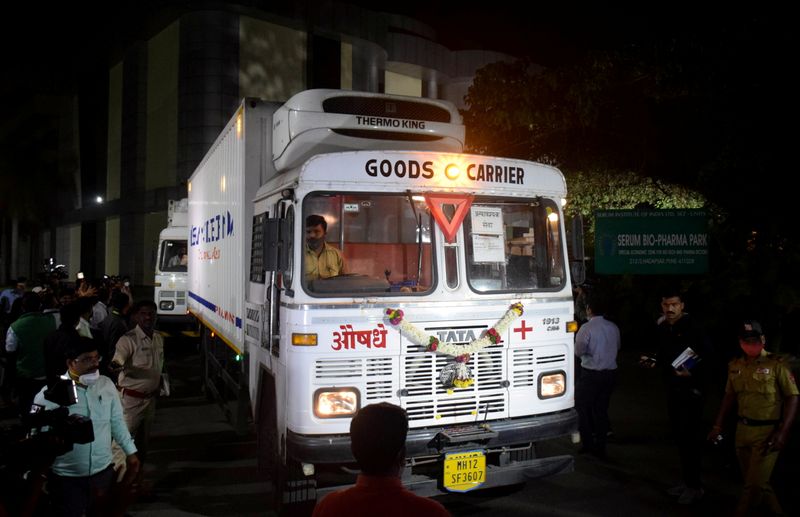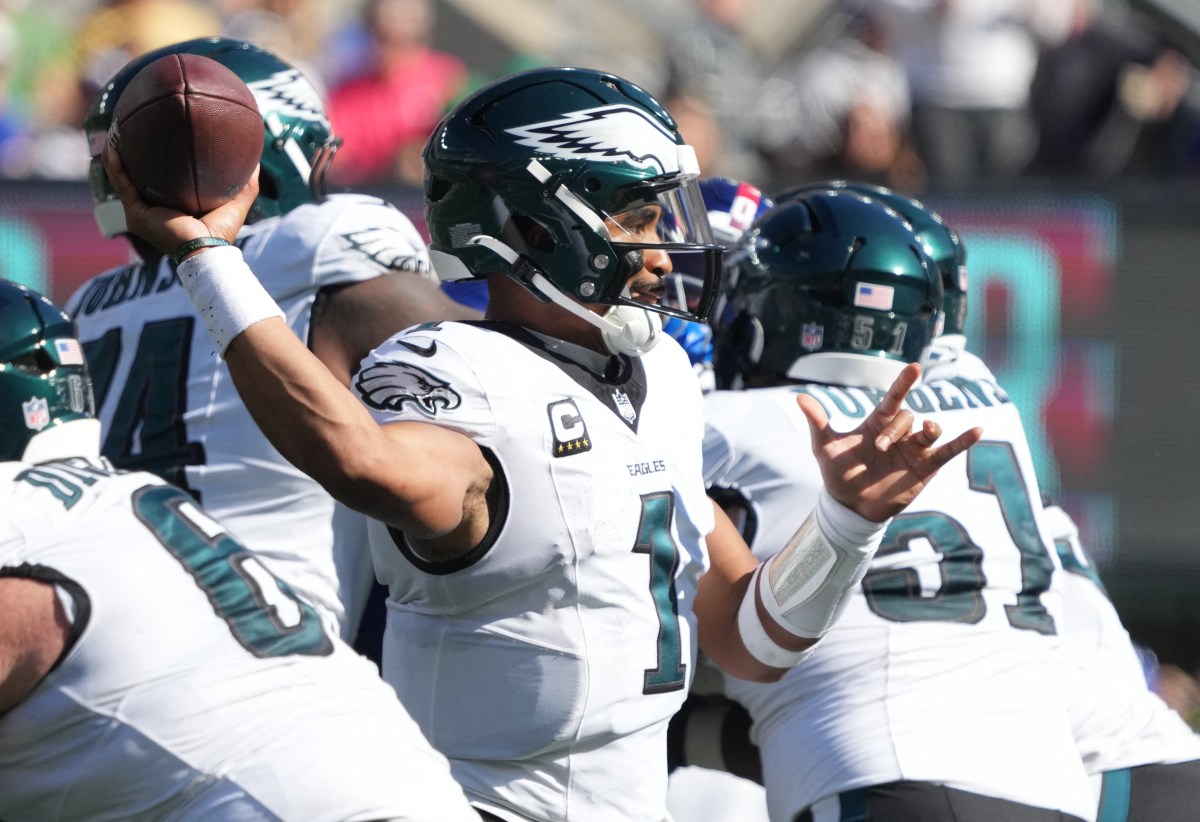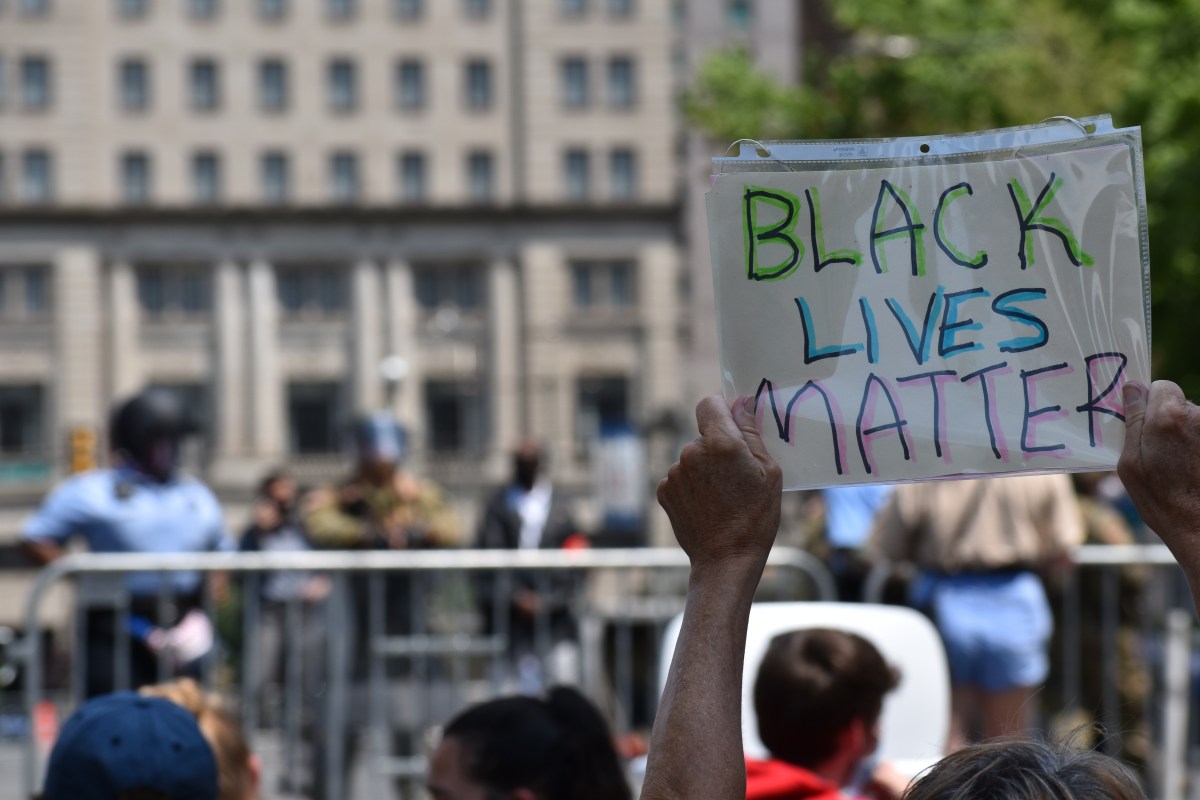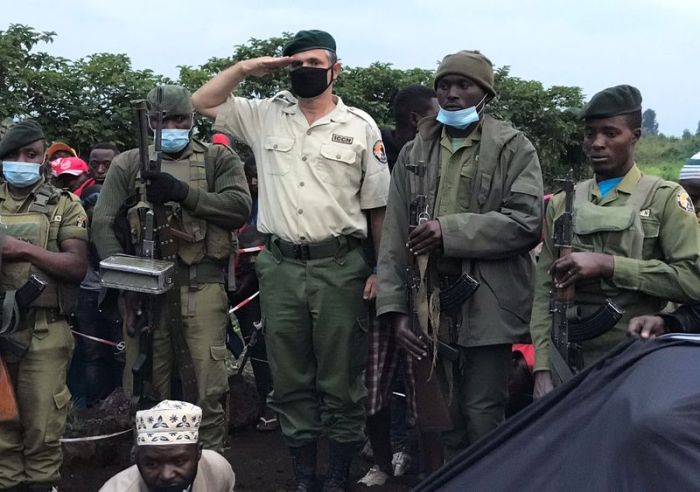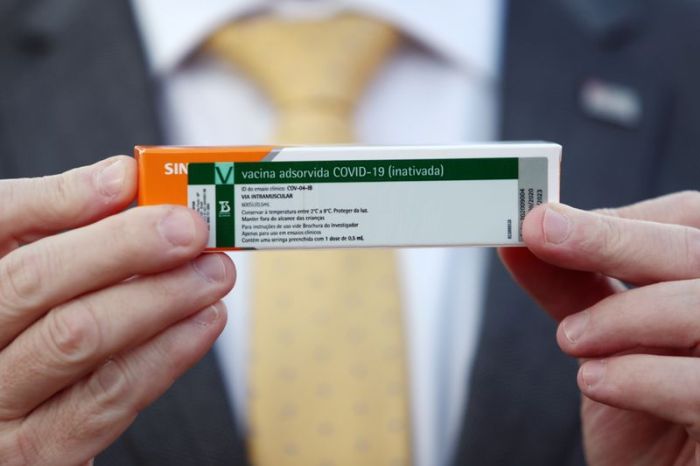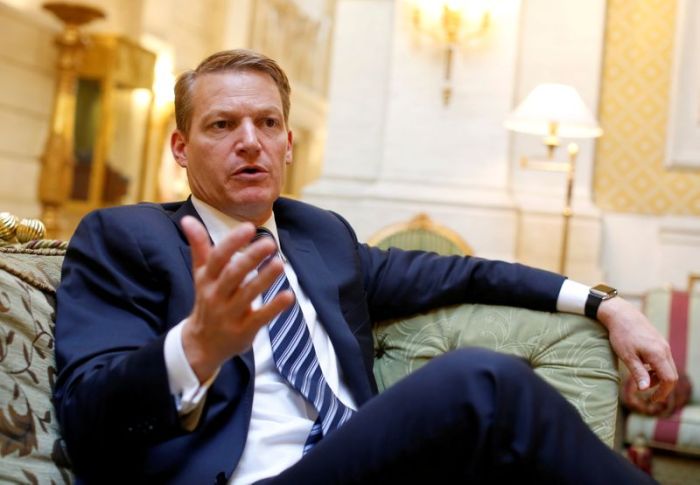NEW DELHI/BENGALURU (Reuters) – Indian airlines started delivering batches of COVID-19 vaccines nationwide on Tuesday, preparing for the launch of a campaign to offer shots to 1.3 billion people, in what officials call the world’s biggest vaccination drive.
Vaccinations are set to begin on Saturday in an effort that authorities hope will see 300 million high-risk people inoculated over the next six to eight months.
First to get the vaccine will be 30 million health and other frontline workers, followed by about 270 million older than 50 or deemed high-risk.
Airlines were due to deliver 5.65 million vaccine doses on Tuesday to various cities, Aviation Minister Hardeep Singh Puri said on Twitter.
Officials in Prime Minister Narendra Modi’s western home state of Gujarat said vaccine distribution was their top priority.
“These vaccines will be taken to the cold storage from the airport and swiftly delivered to vaccination booths,” said Nitin Patel, the state’s deputy chief minister.
Modi’s government signed purchase pacts on Monday with vaccine maker Serum Institute of India (SII), based in the western city of Pune, for its Covishield shot, more than a week after approving the vaccine developed by Britain’s AstraZeneca and Oxford University.
“We’ve given a special price of 200 rupees ($2.73) for the first 100 million doses only to the government of India on their request,” Adar Poonawalla, the firm’s chief executive, told Reuters television’s India partner ANI.
The price represented a gesture of support for the common man, those who are poor and vulnerable, and healthcare workers, he said, adding, “After that we’ll be selling it at 1,000 Indian rupees in private markets.”
While AstraZeneca has said it would not profit from the vaccine during the pandemic, neighbouring Bangladesh is expected to pay about $4 a dose, and pricing in Britain is as yet unknown.
Health authorities in eastern and western states said they would make use of experience gained from running regular child immunisation programmes for polio to ensure full coverage in what they called the world’s biggest vaccination drive.
But creaking transport networks and a crumbling healthcare system add an enormous layer of complexity, they said.
India’s tally of close to 10.5 million infections is the world’s second highest after the United States, although the rate of increase has been slowing.
On Tuesday, India added 12,584 cases, for its lowest daily increase in several months, while the death toll exceeds 151,000.
(Interactive graphic tracking global spread of coronavirus: https://graphics.reuters.com/world-coronavirus-tracker-and-maps)
(Additional reporting by Neha Arora, Krishna Das in New Delhi, Sumit Khanna in Ahmedabad, Saurabh Sharma in Lucknow, Jatindra Dash in Bhubaneshwar, Subrata Nagchoudhary in Kolkata; Writing by Rupam Jain; Editing by Robert Birsel and Clarence Fernandez)

